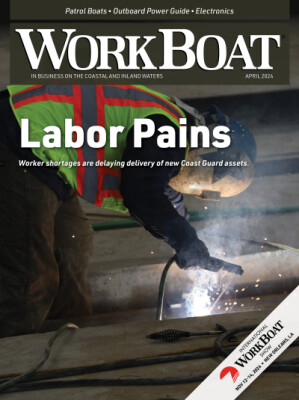In a spate of untreated green disease, two bills have been introduced in the U.S. House of Representatives to permanently prohibit oil and gas leasing offshore California and on the outer Continental Shelf in the mid-Atlantic, South Atlantic and North Atlantic planning areas. A similar bill for the Atlantic areas was introduced in the U.S. Senate.
Two points need to be made. The first is: “Come on people, we have done this before.” Prohibitions on drilling in both these areas (save parts of nearshore California that have been leased for years) have been suggested before, introduced and voted in for decades. As a result, it has been obvious over the years, despite moves by industry and the Federal government, that no drilling will take place in these areas. And why would they anyway, with the current shale oil and gas glut? The only conclusion that can be drawn here is that a bunch of misguided politicians want to make what they deem to be an important political statement. It reminds me of a quote by Mark Twain, who mused: “Suppose you were an idiot and suppose you were a member of Congress. But I repeat myself.” Or maybe Will Rogers put it best when he said, “This country has come to feel the same when Congress is in session as when the baby gets hold of a hammer.”
The second point may be more relevant. The danger from oil and gas offshore development has been greatly exaggerated. The Macondo incident notwithstanding (new regulations recently released by BSEE make it more unlikely that there will be a repeat of the disaster), pollution from offshore drilling and production operations accounts for just over 2%, by most estimates, of the toxins released into the oceans yearly. Large tanker spills contribute approximately 19% and fallout from air pollution accounts for 13%. You don’t even want to know about runoff and sewage that enters the offshore waters.
I am not trying to exonerate the industry, but if the radical environmentalists are really set on cleaning up U.S. oceans I suggest that they forgo going to the bathroom, driving pollution-emitting vehicles, using electricity and any number of other things that would have a greater impact than banning drilling and production operations in U.S. offshore waters.
In the 1970s, a bumper sticker was often seen in the Gulf oil producing areas that read, “Let the Bast*&ds Freeze in the Dark.” Maybe it’s time to reprise that sticker.




